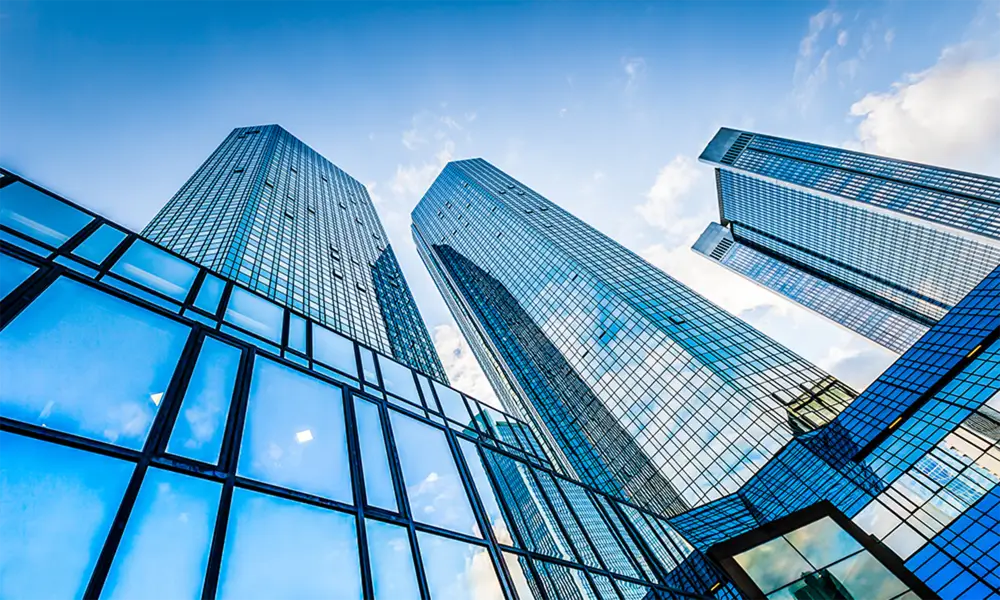

Extra Clear Float Glass A Clarity Above the Rest
In the world of glass manufacturing, one term that has gained significant attention is extra clear float glass. This premium product is celebrated for its superior optical clarity, minimal green tint, and versatility in various applications. As the construction and design industries continue to embrace modern aesthetics, extra clear float glass has emerged as a popular choice for architects, designers, and builders alike.
What is Extra Clear Float Glass?
Extra clear float glass is produced using a special manufacturing process that involves floating molten glass on top of molten tin. This method allows for a uniform thickness and smooth surface, resulting in a high level of optical clarity. The term extra clear refers to its low iron content, which reduces the greenish tint commonly found in standard glass. This low iron composition makes extra clear float glass particularly desirable for applications where clarity and transparency are paramount.
Applications of Extra Clear Float Glass
The versatility of extra clear float glass means that it can be used in a wide range of applications
. In the architectural sector, it is frequently utilized in windows, curtain walls, and facades, providing unobstructed views and maximizing natural light. Its aesthetic appeal enhances the overall look of buildings, creating a seamless integration between indoor and outdoor spaces.In addition to architectural applications, extra clear float glass is also popular in the interior design realm. It is often used for glass partitions, shower enclosures, and tabletops, contributing to a sleek and modern atmosphere. The high clarity of this glass ensures that it enhances rather than detracts from the design elements of a space, allowing colors and textures to shine without distortion.

Moreover, extra clear float glass is widely utilized in the art world. Picture frames made of this glass allow for maximum visibility, ensuring that artwork can be appreciated in its true colors and details. Additionally, artists often prefer this glass for installations that require transparency, as it minimizes distractions and highlights the artistic intent.
Benefits of Extra Clear Float Glass
One of the primary advantages of extra clear float glass is its exceptional clarity. Unlike standard glass, which may present a slight green hue, extra clear glass offers a near-invisible appearance, allowing for a true representation of colors and patterns. This quality is particularly important in applications where visual aesthetics are critical, such as in luxury residential properties and high-end commercial spaces.
Furthermore, extra clear float glass has excellent durability and resistance to weathering and UV radiation, making it a reliable choice for external applications. Its resistance to scratching and impact also ensures longevity, thereby reducing maintenance costs over time.
The glass's ease of fabrication means it can be cut, shaped, and finished to meet specific design requirements. This adaptability makes it a favored choice for custom applications, where unique dimensions and specifications must be met.
Conclusion
In conclusion, extra clear float glass stands out as a premium material in both construction and design. Its unparalleled clarity, durability, and versatility make it a formidable choice for various applications, ranging from impressive architectural features to elegant interior designs. As the demand for high-quality and visually appealing materials continues to grow, extra clear float glass is poised to lead the charge, offering beauty and functionality in equal measure. Whether enhancing a building's facade or showcasing artwork, this remarkable material truly represents a clarity above the rest.